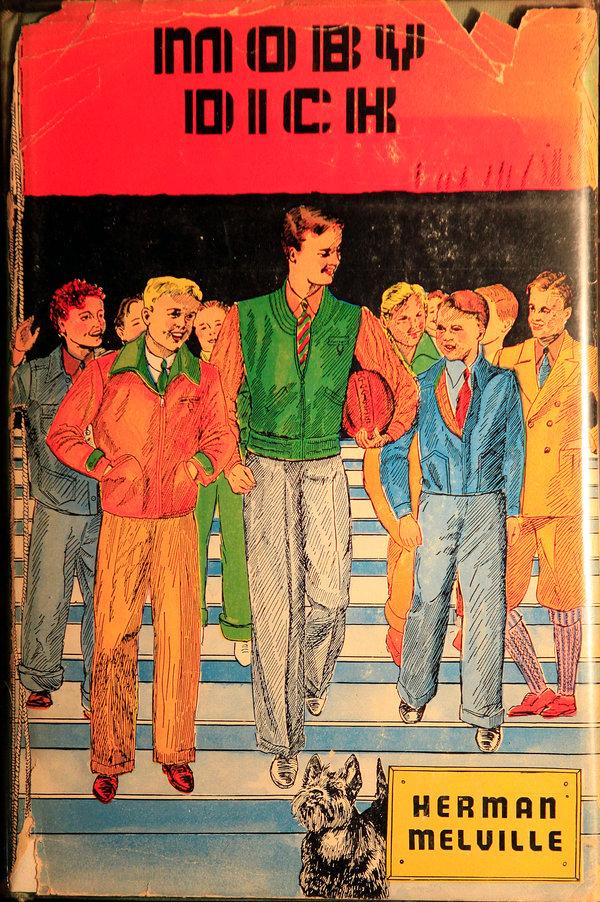Melville weighs in on his Ahab, 'Evil God' and necessary baseness . . .
/In Moby Dick’s Chapter 33, The Specksnyder, Herman Melville discusses aspects of Ahab’s governance:
Nor, perhaps, will it fail to be eventually perceived, that behind those forms and usages, as it were, he sometimes masked himself; incidentally making use of them for other and more private ends than they were legitimately intended to subserve. That certain sultanism of his brain, which had otherwise in a good degree remained unmanifested; through those forms that same sultanism became incarnate in an irresistible dictatorship. For be a man’s intellectual superiority what it will, it can never assume the practical, available supremacy over other men, without the aid of some sort of external arts and entrenchments, always, in themselves, more or less paltry and base. This it is, that for ever keeps God’s true princes of the Empire from the world’s hustings; and leaves the highest honors that this air can give, to those men who become famous more through their infinite inferiority to the choice hidden handful of the Divine Inert, than through their undoubted superiority over the dead level of the mass. Such large virtue lurks in these small things when extreme political superstitions invest them, that in some royal instances even to idiot imbecility they have imparted potency. But when, as in the case of Nicholas the Czar, the ringed crown of geographical empire encircles an imperial brain; then, the plebeian herds crouch abased before the tremendous centralization. Nor, will the tragic dramatist who would depict mortal indomitableness in its fullest sweep and direct swing, ever forget a hint, incidentally so important in his art, as the one now alluded to.
The strategies of today’s highly recognizable media despots and the clamoring throngs associated with them are becoming more transparent. What’s tragic is the realization tricks used to entice a pet onto its leash are more obvious and just as effective now as they were in Melville’s time, the price of a dog biscuit a tenth of what it was in the nineteenth century. If anything, there is greater “Cheepnis” nowadays, what Zappa described as visible two by fours moving the space monster into the B Movie frame.
Lawrance Thompson in his provocative Melville’s Quarrel with God proposed what became the accepted irony in Moby Dick, that God was not a good person after all; by making analogies with the methodology of great historical manipulators, the deity. or force superseding all, it is inferred, behaves similarly. Hence Moby Dick became viewed critically as a pessimistic book, alas not simply a superbly flushed-out whaling misadventure. Melville was raised in a Biblically oriented Dutch Reformed Church and may very well have been preoccupied with Job symbolism at an early age. How much power to assign the Leviathan representation within the novel has been debated sufficiently. For our purposes, Melville experienced the sea and set out to write an all encompassing book about whaling, the crew of the Pequod implying a society of men at large.
Of course, we make misguided assumptions along the way and so often the case, develop a willingness to follow some quintessentially Whiskey Bent and Hell Bound Peg Legged Sun-Bitch all the way down to Davey Jones’ locker.

